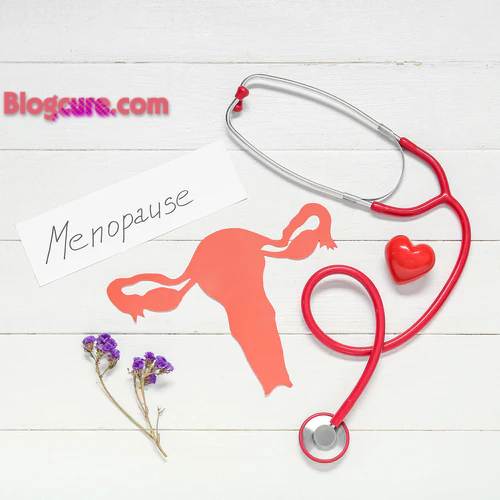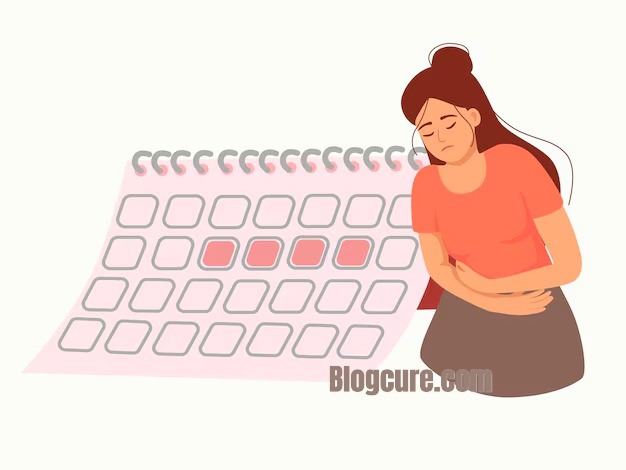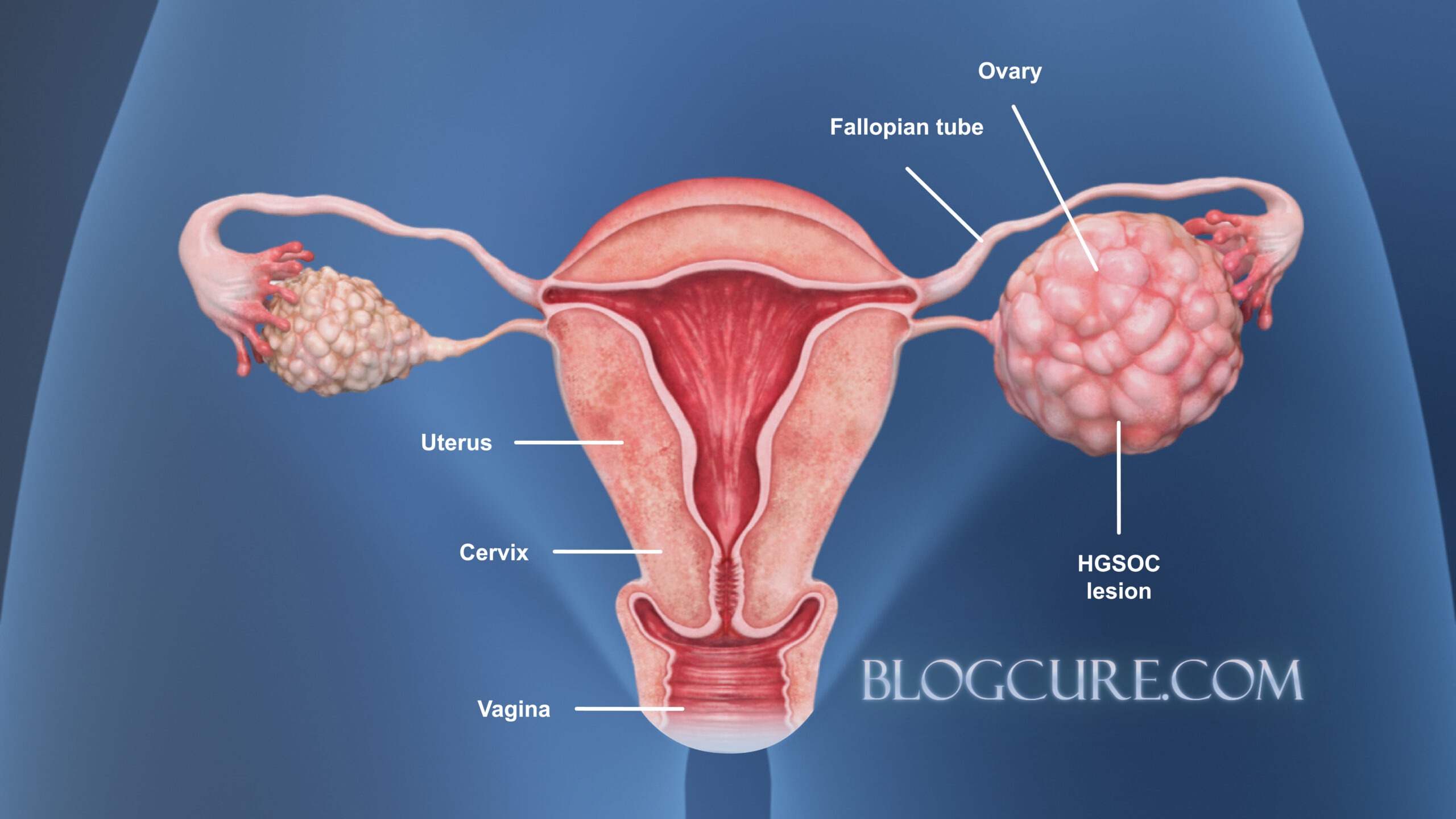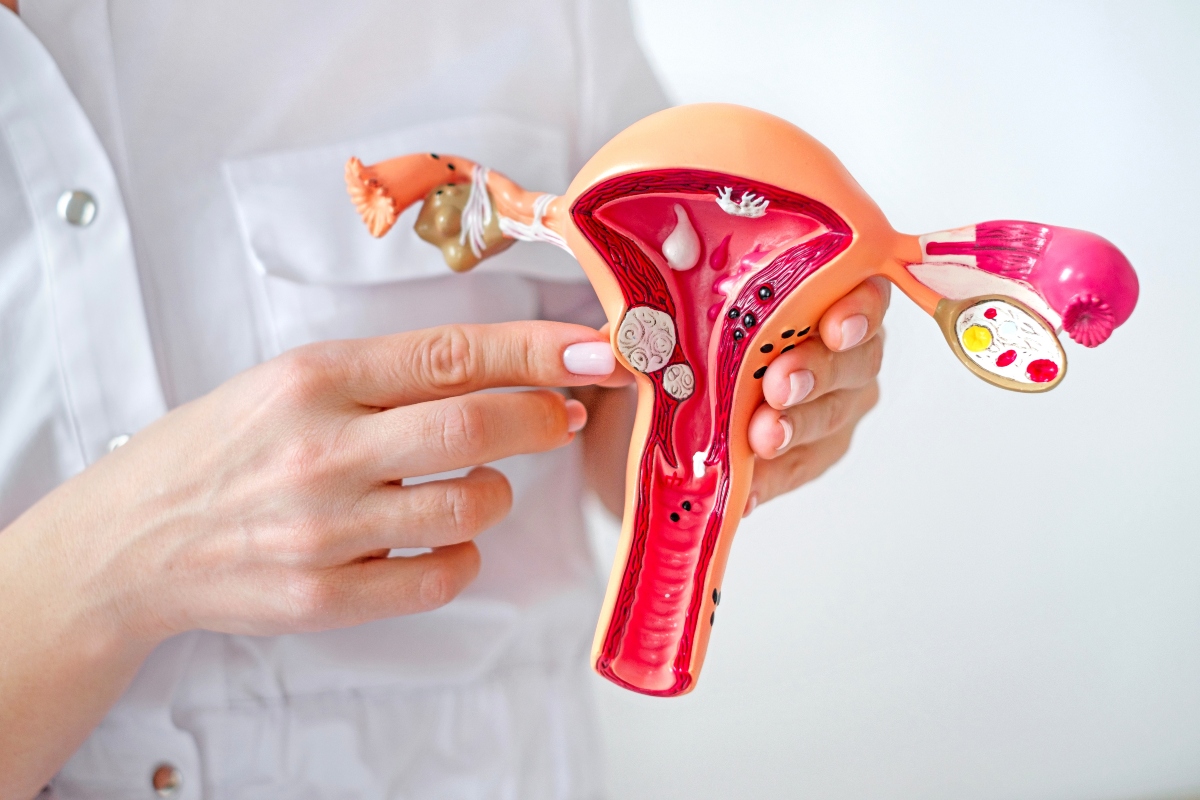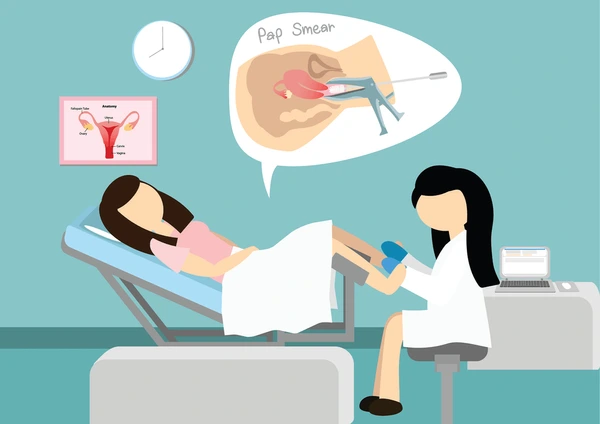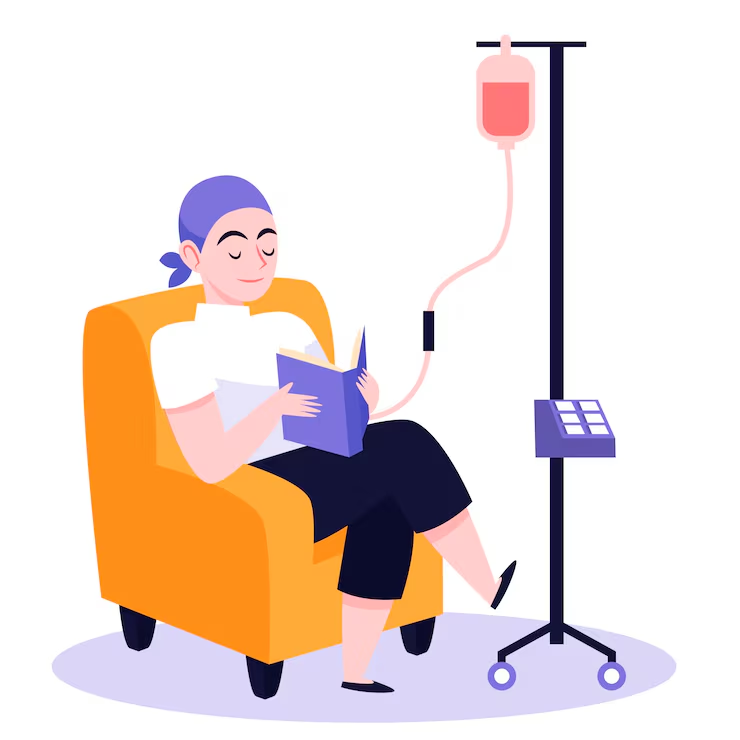
Chemotherapy is a treatment method that uses drugs to destroy or slow the growth of cancer cells, which divide and multiply rapidly. It is widely used for various types of cancer, either alone or in combination with other treatments such as surgery or radiation therapy.
Chemotherapy may be given with the aim of:
- Curing the cancer completely (curative treatment)
- Preventing recurrence after surgery or radiation
- Shrinking tumors that cause pain or other symptoms (palliative treatment)
In some cases, chemotherapy is used before surgery or radiation to reduce tumor size — this is called neoadjuvant chemotherapy. When used after surgery or radiation to eliminate any remaining cancer cells, it is referred to as adjuvant chemotherapy.
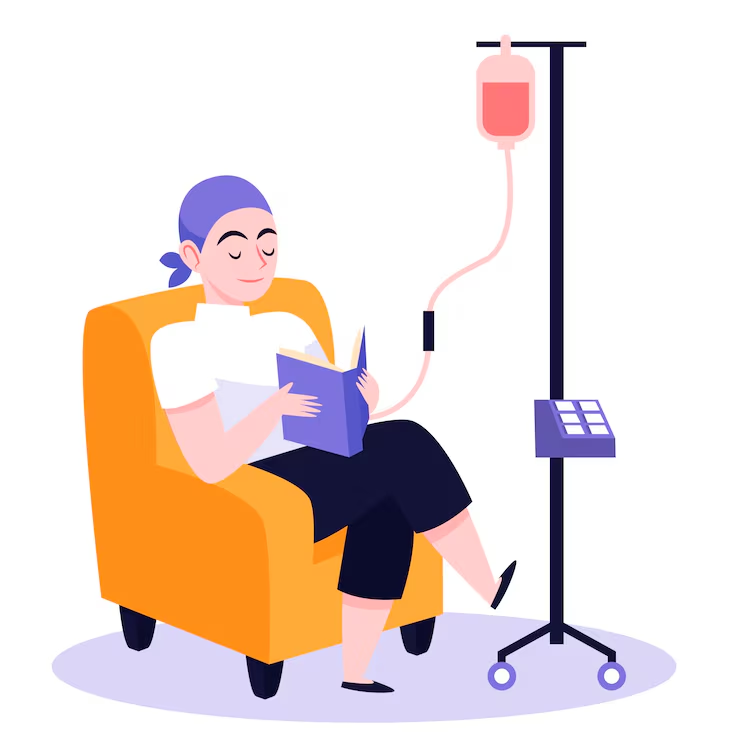
💉 How Is Chemotherapy Administered?
Chemotherapy drugs can be administered in various ways:
- Oral: As pills, capsules, or liquids taken by mouth
- Intravenous (IV): Through a vein, usually in the arm or hand (most common method)
- Injection: Directly into muscle or under the skin
- Intraperitoneal: Delivered directly into the abdominal cavity
- Intrathecal: Injected into the space between the spinal cord and its surrounding fluid
- Intra-arterial: Through an artery supplying blood to the tumor
Regardless of the route, the drugs eventually reach the bloodstream and circulate throughout the body to target and destroy cancer cells.
💊 Types of Chemotherapy Drugs and Treatment Frequency
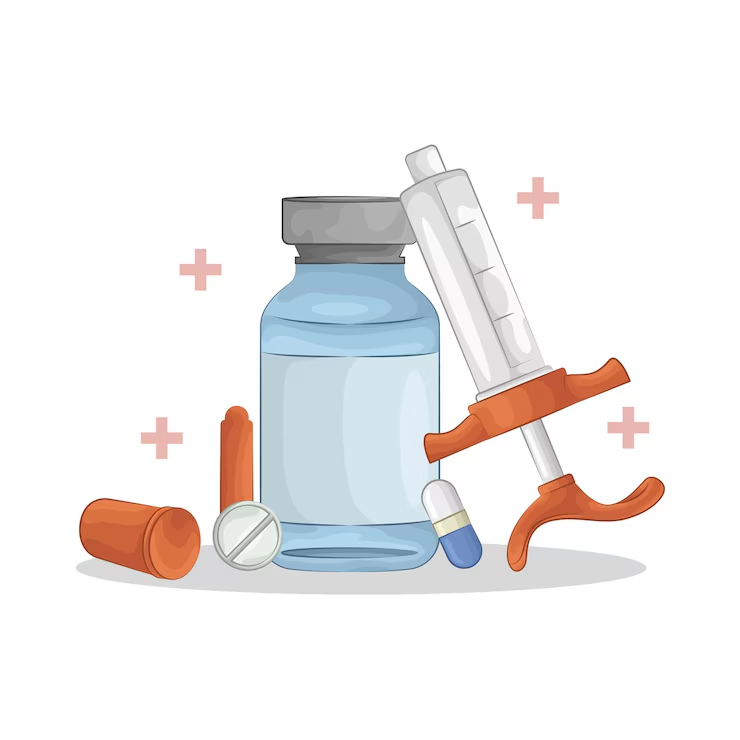
In gynecologic oncology, various chemotherapy agents are used, including:
- Cytotoxic drugs that directly kill cancer cells
- Biological agents that target cancer through specific mechanisms
- Hormonal agents (in selected cases)
- Supportive medications to enhance drug efficacy or reduce side effects
The choice of drugs depends on:
- Cancer type and stage
- Whether the patient has received chemotherapy before
- Presence of other medical conditions (diabetes, heart, liver, or kidney disease)
Chemotherapy is typically given in cycles (or courses) with rest periods in between to allow the body to recover. A cycle can last from several hours to several days, and the full treatment plan may continue for weeks or months.
Chemotherapy must always be administered in certified centers by experienced professionals. It should never be applied at home or by non-specialist healthcare workers without your oncologist’s approval.
⚠️ Possible Side Effects of Chemotherapy
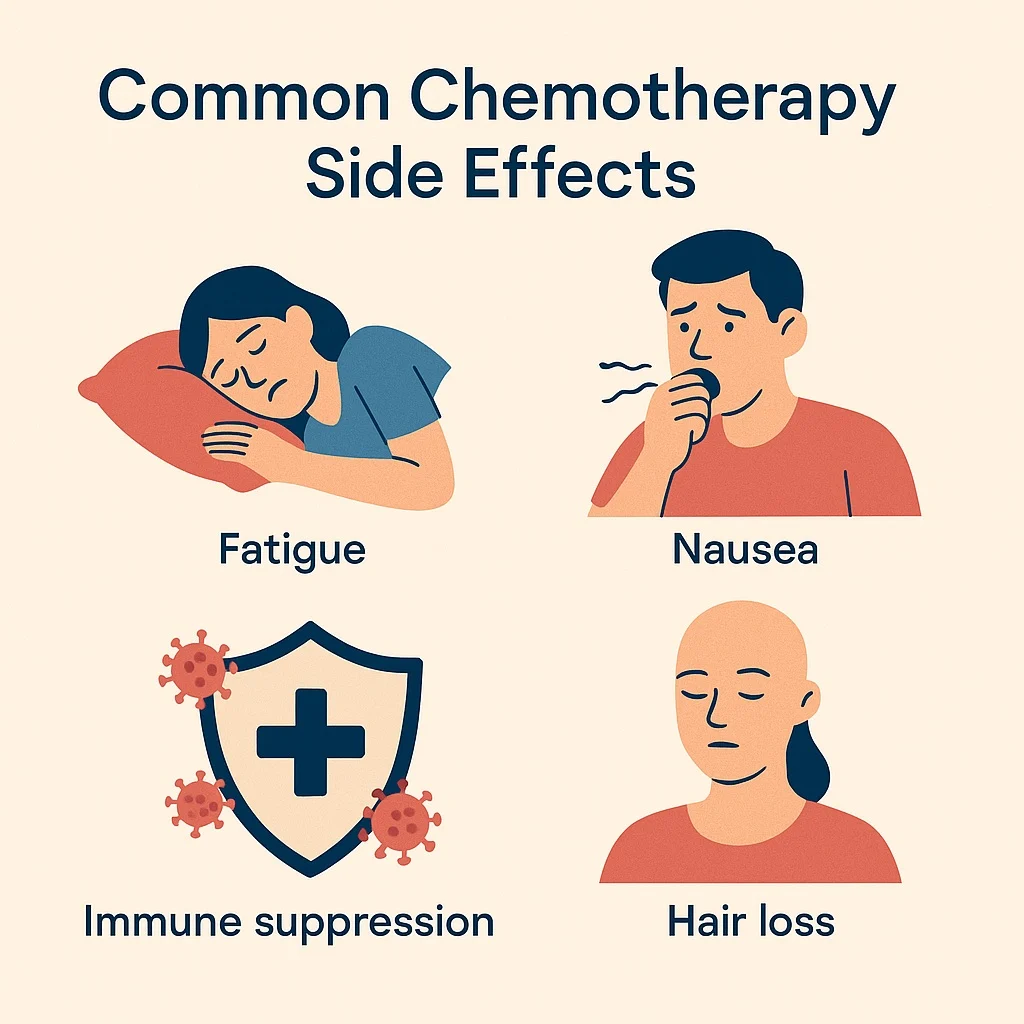
Chemotherapy not only affects cancer cells, but also impacts healthy cells that divide rapidly, such as those in the bone marrow, digestive tract, hair follicles, and reproductive system. For this reason, side effects may occur, including:
- Hair loss
- Nausea and vomiting
- Loss of appetite
- Fatigue
- Increased risk of infections
These side effects are usually temporary and tend to improve after the completion of treatment. Notably, fatigue is one of the most common side effects and may be more pronounced on the day of and after chemotherapy.
Side effects do not indicate how well the chemotherapy is working. Some patients experience severe side effects but have excellent treatment responses, while others may feel minimal discomfort but still benefit from therapy.
🧠 Monitoring Treatment Response
Your doctor will evaluate your response to chemotherapy through:
- Physical examinations
- Blood tests (e.g., tumor markers)
- Imaging scans (MRI, CT, PET-CT)
Treatment response is not linked to the severity of side effects. Effectiveness is judged by objective findings, not by how a patient feels during treatment.
❤️🩹 Sexual Health During Chemotherapy
Most patients undergoing chemotherapy can continue their sexual life unless advised otherwise by their physician. However, in cancers involving the cervix or vagina, sexual activity might be restricted depending on tumor location and treatment progress.
Fatigue, stress, physical weakness, and emotional changes can temporarily reduce libido. Open communication with your doctor, nurse, or a psychologist about sexual concerns is highly recommended — there is no need to feel embarrassed.
🚨 When to Contact Your Doctor Immediately
Patients receiving chemotherapy should be aware of potential emergencies and seek prompt medical attention if any of the following symptoms occur:
- Unexplained or sudden bruising
- Any type of bleeding (e.g., nosebleeds, blood in urine or stool, bleeding gums, coughing or vomiting blood)
- Shortness of breath
- Persistent high fever
- Severe mouth sores that make eating difficult
- Difficulty swallowing
- Numbness, sudden visual changes, or confusion
- Constipation lasting more than three days with no gas or bowel movement
- Skin rashes resembling red or purple dots
Never wait for your next appointment if you notice these signs — contact your oncology team immediately.
🧾 Summary
Chemotherapy is one of the most effective systemic treatments in modern oncology. While it may involve side effects, most can be managed with proper supportive care. Close monitoring and communication with your healthcare team are essential to ensure both safety and effectiveness throughout the treatment process.
❓ Frequently Asked Questions – Chemotherapy
1. What is the purpose of chemotherapy?
Chemotherapy is used to destroy cancer cells or to stop their growth. In some cases, it aims to cure the cancer entirely. In others, it helps reduce symptoms and improve quality of life.
2. Does chemotherapy cause hair loss?
Yes, some chemotherapy drugs can lead to hair loss. However, this effect is usually temporary, and hair often grows back after treatment ends.
3. Is chemotherapy a painful procedure?
No, chemotherapy itself is generally not painful. However, some patients may feel mild burning or discomfort at the injection site during intravenous administration. Inform your nurse if you feel any discomfort.
4. Can chemotherapy be administered at home?
No. Chemotherapy must be administered in certified healthcare facilities by trained professionals. It is dangerous and strictly prohibited to receive it at home or from unqualified individuals.
5. Is sexual activity allowed during chemotherapy?
Most patients can continue their sexual life during treatment unless their doctor advises otherwise. Fatigue, emotional changes, or physical side effects may reduce desire, but there is no medical harm in having intercourse unless specifically restricted.
6. Is chemotherapy the same for all patients?
No. Each chemotherapy plan is personalized based on the patient’s cancer type, stage, overall health, and previous treatments.
7. How long should I rest after chemotherapy?
Recovery time varies by individual. Some patients return to their normal routine the same day, while others may feel tired for a couple of days. Rest should be adjusted according to your body’s response.
8. If I have no side effects, does that mean chemotherapy isn’t working?
No. The absence or presence of side effects does not reflect how effective the treatment is. Many patients respond very well to chemotherapy without experiencing any side effects.
9. Should I follow a special diet during chemotherapy?
Yes. A balanced, hygienic, and immune-supportive diet is important. However, always consult your doctor or a dietitian before starting any special diet.
10. What should I do if I develop a fever?
A fever above 38°C (100.4°F) during chemotherapy is a medical emergency. Contact your oncology team or go to the emergency department immediately. Do not ignore a fever.
11. Can I continue working during chemotherapy?
It depends on your condition and treatment plan. Patients on lighter regimens with fewer side effects may continue working, while those on more intensive protocols may require rest.
12. How should I prepare before chemotherapy sessions?
Wear comfortable clothing, eat a light meal, stay hydrated, and consider bringing a companion if needed. Be sure to inform your doctor about any medications you are taking.



